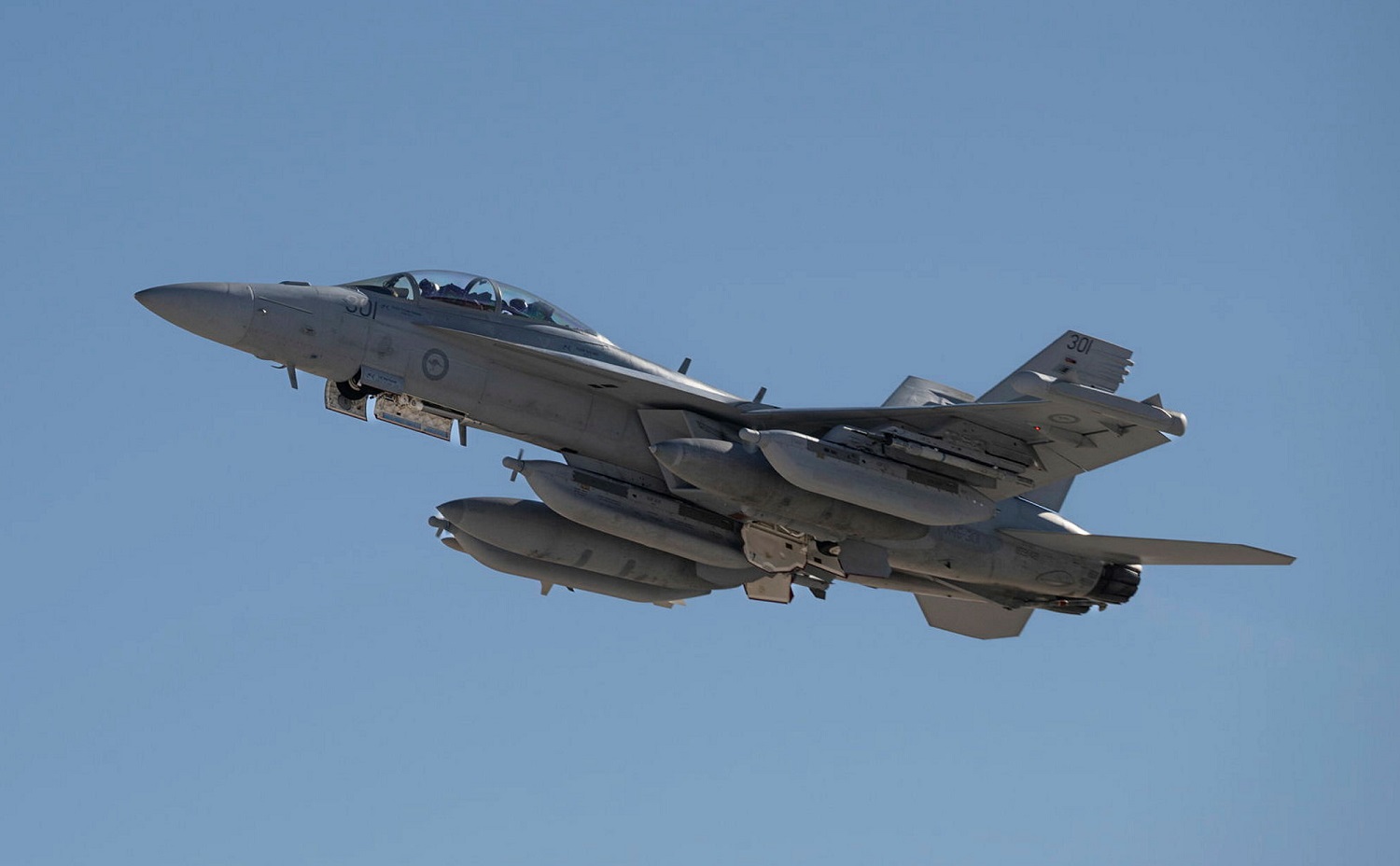Curious since you are unsatisfied with the:
NH90
Spartan C27J a
Tiger
Why not selling them in a package to Ukraine financed by the EU? With a good discount.
If the EU financed them, then I think AU would happilly seem them go to a willing home. Not sure if Ukraine is that willing home, even the Ukrainians understand the issues of things don't work if there are no parts for them. Any operational tempo of the Tiger for example would likely easily consume the entire EU logistics spares in days. Then they would have a capable system, not doing much waiting on logistics from France/Germany.
Of course there are countries within the EU that have these platforms that are also unhappy that could also donate them and would have stronger lobbying power within the EU.
NHIndustries has called the Norwegian termination of the contract “legally groundless.”

www.defensenews.com
The head of Airbus Helicopters has urged Europe to back its domestic defence industry when launching major new military programmes, as a row simmers over U.S. arms imports.

www.reuters.com
Australia has a fairly tense relationship with the EU. While most people might assume Australia, a modern free democratic, liberal economy with high wages and social support, and long and many cultural ties with Europe, would be an easy relationship, they have been dead locked in trade negotiations for nearly two decades.
Negotiators make progress in Canberra but thorny issue of geographical indicators is believed to remain a sticking point

www.theguardian.com
I would say Australia-EU defence and economic relationship would be "its complicated".
Plenty of support for Ukraine. Australia has plenty of views on what Europe could do. If the EU asked, for AU support in such a program, there would be Australian support. But as we have seen, the EU has plenty of issues giving its own European equipment even from EU member states desperate to hand on usable and suitable gear (IMO not sure C27/NH90/Tiger is good fit for Ukraine, Poland might be interested tho).
There’s only really been one war where strategic bombing (what I assume you are inferring by tactical vs strategic AirPower) has been unleashed, that being WWII. Where it has been assessed as being
a decisive factor in the defeat of Germany. In fact, it set the key precondition for the invasion - air superiority (amongst others, such as dislocation of the landing areas through then dismembering of the rail network).
Quoting to add to the origional discussion.
Not sure Australia solely and unilaterally bombing modern China is going to be effective as to what happened to Germany, particularly later in the war.
Australian strategic bombing is unlikely to be anything like the bombing of Germany or Japan during WW2 or like Vietnam. We never had that kind of resources to unleash. Australian strategic bombing runs would be more like Operation Black Buck during the Falkland's. But within context, the RAAF has never had the kind of bombing capability that the RAF had, and its a similar distance (ascension to Falklands) against a way, way, way more powerful adversary.
Choosing to Fight 1980 Argentina or 2030 China, I know which one I would choose every day of the week.
There are stats out there on the casualty rates of aircrew, the cost as well as the opportunity cost of the heavy bombers.
One would think against a big peer state with very modern air defenses, even with modern bombers, the stats would be significant. You couldn't do it these days unless total air supremacy which included depleting the entire opposing airforce and ground based units. If you loose 6 bombers, that is a huge portion of your bomber fleet these days, no body, not even the US could shrug that off. . Even in Vietnam, losses were significant losing even on highly capable strategic platforms like B-52's and F-111's.


/cloudfront-us-east-2.images.arcpublishing.com/reuters/ZOGLFBI6NVKZFEUN6ZUIWIXUAU.jpg)


